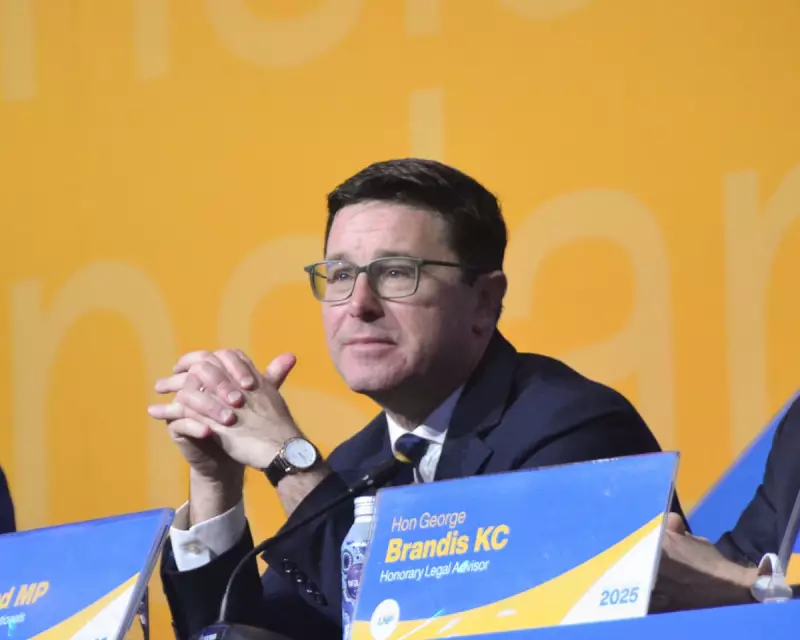
Nationals leader David Littleproud has made a definitive pledge to champion nuclear energy as a cornerstone policy for the next federal election, despite recent internal tensions that briefly exposed fissures within the coalition.
In a striking declaration, Littleproud confirmed his party's unwavering commitment to advancing Australia's nuclear capabilities, positioning it as a critical solution for the nation's future energy needs. This bold move comes amidst a political landscape still reeling from a public disagreement with Liberal coalition partners.
Coalition Strain and Senate Strategy
The political drama unfolded when Nationals senators unexpectedly crossed the floor to support a One Nation motion demanding transparency on renewable energy transmission projects. This rare move created immediate tension with their Liberal counterparts, who viewed it as a breach of coalition solidarity.
Littleproud moved quickly to contain the fallout, characterizing the incident as a "disagreement on tactics" rather than a fundamental policy rift. He emphatically denied any malicious intent behind the decision, explaining that his party believed supporting the motion would ultimately strengthen their position in demanding greater accountability on energy matters.
The Nuclear Energy Vision
At the heart of Littleproud's agenda lies a passionate advocacy for nuclear power. He argues that Australia cannot afford to ignore what he describes as the "cleanest and most reliable" form of energy available to modern nations.
"We're going to take this to the next election," Littleproud stated unequivocally. "We need to have a mature conversation about nuclear energy if we're serious about meeting our emissions targets while maintaining energy security."
The Nationals leader positioned nuclear technology as essential for supporting regional industries and manufacturing, suggesting it could provide the stable baseload power necessary for economic growth without compromising environmental goals.
Liberal Party Response and Future Outlook
Opposition energy spokesman Ted O'Brien acknowledged the coalition's shared commitment to nuclear energy but emphasized the importance of presenting a united front. While supporting the broader nuclear agenda, O'Brien stressed that how the coalition approaches parliamentary tactics remains crucial to their political effectiveness.
The incident has highlighted the ongoing challenges of maintaining coalition unity, particularly on contentious energy policies that generate strong opinions across the political spectrum.
Despite the brief public fracture, both parties appear committed to reconciling their approach as they develop their energy policy platform for the next election campaign, where nuclear power is expected to feature prominently.





